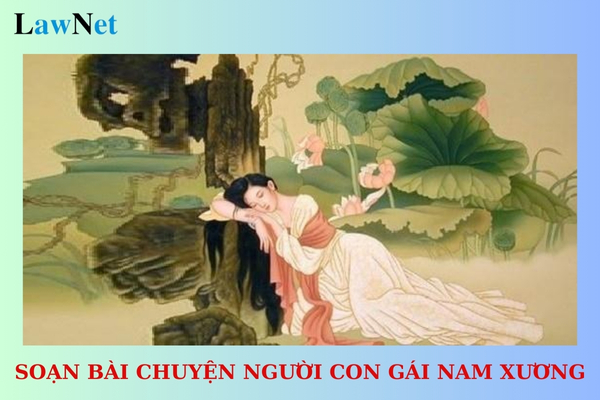What are guidelines on preparing the lesson "Chuyện người con gái Nam Xương" for students in Vietnam? What are methods for assessment of grade 9 Literature in Vietnam?
What are guidelines on preparing the lesson "Chuyện người con gái Nam Xương" for students in Vietnam?
"Chuyện người con gái Nam Xương" by author Nguyen Du is part of the Grade 9 literature curriculum.
Students can refer to the following guidelines on preparing the lesson "Chuyện người con gái Nam Xương":
|
Guidelines on preparing the lesson "Chuyện người con gái Nam Xương" 1. Genre |
Note: The information is for reference only.

What are guidelines on preparing the lesson "Chuyện người con gái Nam Xương" for students in Vietnam? What are methods for assessment of grade 9 Literature in Vietnam? (Image from the Internet)
What are methods for assessment of grade 9 Literature in Vietnam?
Pursuant to clause 3 Article 5 of Circular 22/2021/TT-BGDDT regulating the assessment method for Grade 9 Literature:
Assessment Method
...
- Assessment Methods for Subjects
a) Assessment by comments for subjects: Physical Education, Arts, Music, Fine Arts, Local Education Content, Experiential Activities, Career Orientation; learning outcomes for subjects are assessed by comments at one (1) of two (2) levels: Pass, Not Pass.
b) Assessment by comments combined with scoring for subjects in the General Education Program, excluding the subjects specified at point a of this clause; learning outcomes for subjects are assessed by scores on a scale of 10, if using another scale, it must be converted to a scale of 10. Assessment scores are integers or decimals to the first decimal place after rounding.
Based on the above regulation, Grade 9 Literature subject is assessed by a combination of comments and scores.
Additionally, the learning outcomes of the Literature subject will be evaluated by scores on a scale of 10, and if another scale is used, it must be converted to a scale of 10.
When do grade 9 students in Vietnam have to practice during the summer break?
According to Article 13 of Circular 22/2021/TT-BGDDT, the practice during the summer break is implemented as follows:
Practice During the Summer Break
- Students with an overall year's practice result assessed as Not Pass must practice during the summer break.
- The form of practice during the summer break is determined by the Principal.
- Based on the form of practice during the summer break, the homeroom teacher assigns practice tasks to students during the summer break and informs the students' parents. At the end of the summer break, if the practice tasks are assessed by the homeroom teacher as completed (with a report on the process and results of practice tasks signed by the student's parents), the homeroom teacher proposes to the Principal to reassess the student's overall year's practice result. The reassessment result replaces the overall year's practice result for class promotion consideration as prescribed in Article 12 of this Circular.
Therefore, practice during the summer break is implemented when a student's year's practice result is assessed as Not Pass.

